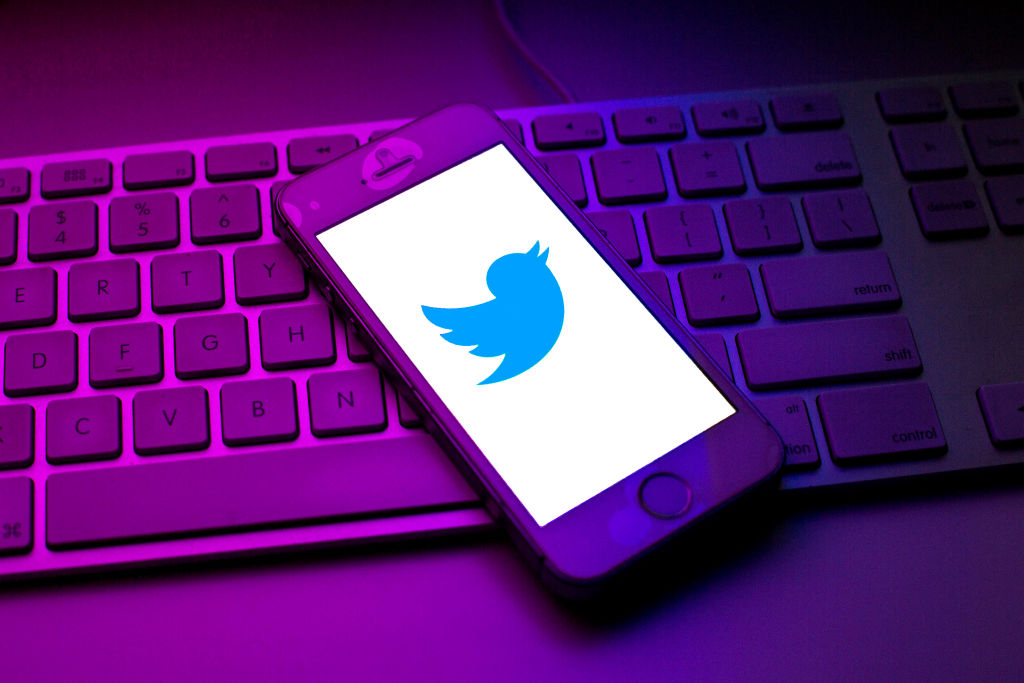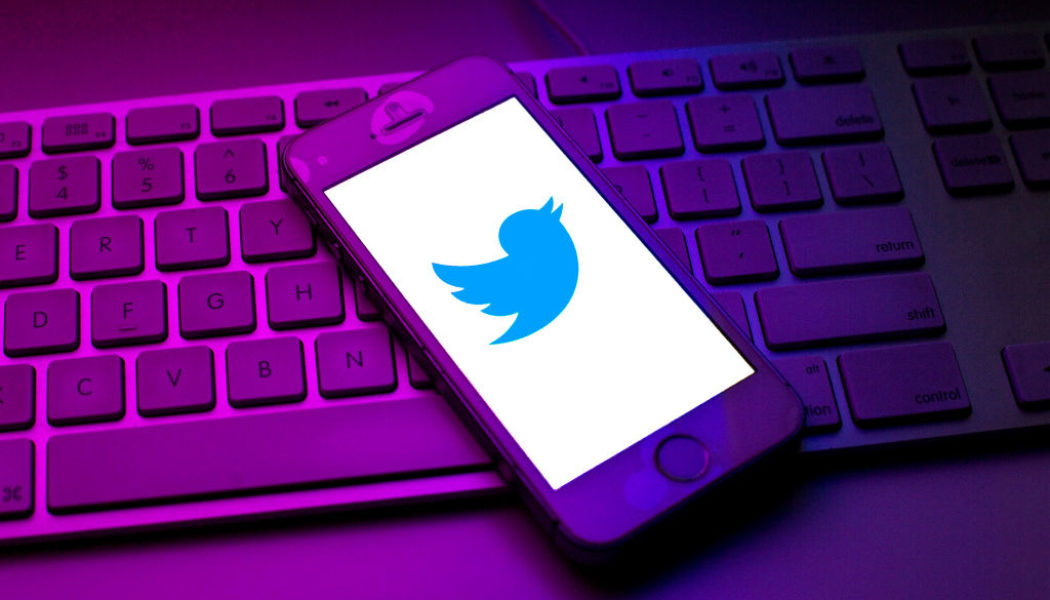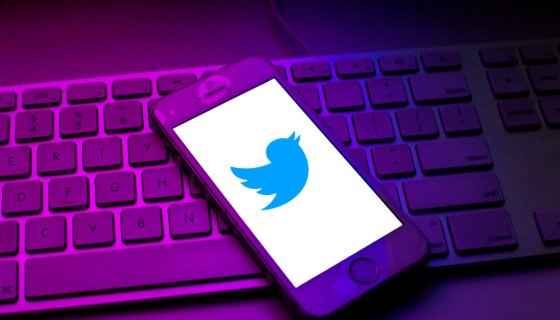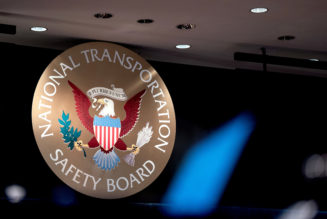
Source: SOPA Images / Getty
Don’t hit send on that tweet containing a photo or video of a private individual cause it could get you in trouble.
Coming on the heels of Twitter CEO Jack Dorsey stepping down, the popular social media platform announced on Tuesday (Dec.1) that sharing images and videos of private individuals without their consent is now banned. Users will now be able to contact Twitter and ask that photos of themselves be removed from the platform.
There is a small caveat to the new rule. It does not apply to public figures, but the platform can take down images and videos featuring those individuals if Twitter says the content posted was to “harass, intimidate, or use fear to silence them.”
“We will always try to assess the context in which the content is shared and, in such cases, we may allow the images or videos to remain on the service,” the blog post states.
There are other exceptions to the new rule. Twitter states it will allow the content to remain on the platform if the image or video is publicly available, is part of news coverage, or aids in public discourse. The blog post also states that users can share pictures and videos of private individuals to aid in a crisis situation.
This is a welcomed expansion to Twitter’s private information policy.
—
Photo: SOPA Images / Getty











